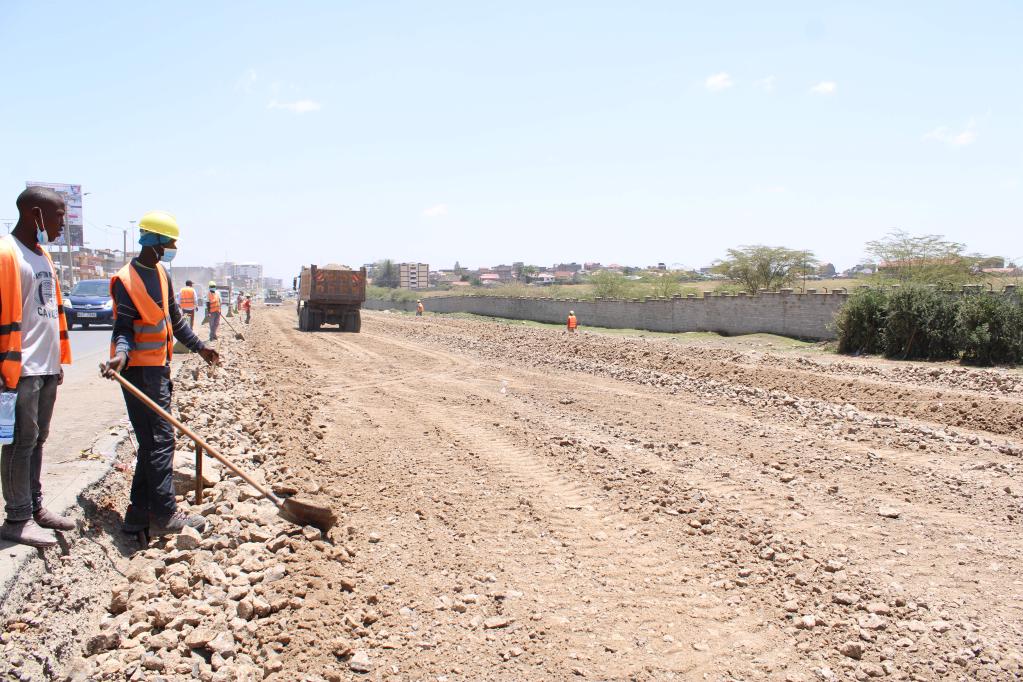Having never received a formal education, John Emuria could not read or write. He has spent most of his life herding his family’s livestock in Samburu County in the northern part of Kenya.
Like many of his peers in nomadic tribes, Emuria, 41, often faces myriad challenges including constant conflict with other herders due to scarce resources like water and pasture for their animals. Sometimes, he has to resort to raiding livestock from other herders, a common practice in the area. “We fight with guns for survival, and in the process lives are lost. The northern part of Kenya is used to cattle rustling, which has killed numerous people,” Emuria said.
But life for the father of two is likely to change-he will leave herding and become a mason-following his graduation from a three-month training on masonry earlier this month. A technical training program aimed at equipping young people from nomadic tribes with skills was launched to help transform lives and improve regional security.
The Ujuzi Manyattani is a mobile vocational training model that supports young people who are always fighting for pasture and water in northern parts of Kenya. The initiative seeks to equip them with alternative opportunities to diversify livelihoods, and mitigate poverty and conflict cycles.
“Over the years, nomadic communities in the northern part of Kenya have witnessed perennial fighting which has made the region insecure of educational purposes, and we are using technical skills to end this war and silence the guns,” said Margaret Mwakima, principal secretary for the State Department of Vocational and Technical Training.
READ MORE: Preparations Continue for the 2022 Banks and Fintech Awards/Conference
The Ujuzi Manyattani initiative is being carried out in some counties since 2019. Currently, the skills offered under the initiative include masonry, carpentry, motorcycle mechanics, welding, and solar installations and maintenance.
Conducted by two public technical training institutes in collaboration with an international nongovernmental organization, the initiative has benefited 546 people over the past three years. This year saw 337 young men and women graduate under this initiative.
“Trainers are supervised by the heads of department of the relevant courses based on the course curricula and work schemes,” said Maina Njane, chief principal of Laikipia North Technical and Vocational College, which offers the training.
Rose Tugai, a 28-year-old from Samburu county, is a beneficiary of Ujuzi Manyattani. She has never attended any learning institution before this initiative. “Ujuzi Manyattani has really empowered Samburu women. … I plan to open a restaurant in the nearby town center to earn a decent living.”
